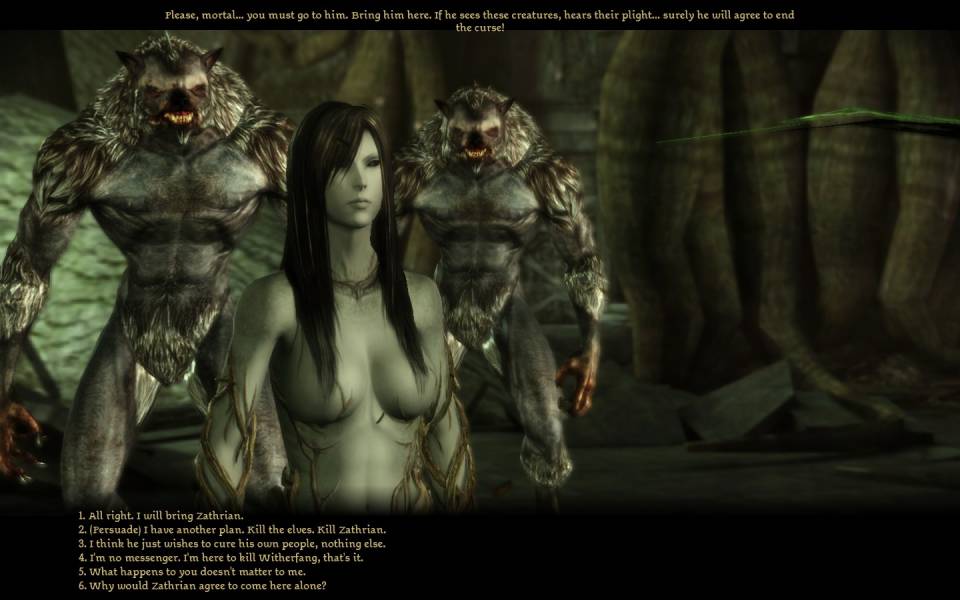For the past few months I have been attempting to write critical and mostly formal essays about games, hopefully to somesuccess. I have been treating games as any other medium and I have tried to analyze them as I would any other work. However, the more essays I write and the more I attempt to use standard writing practices, the more I have bumped into a number of problems that I feel must be addressed before writing about games can become more widespread. In each issue of this blog I will address a problem area I have found and try to find some solutions to the problems I foresee.
Here is Part 1, Part 2,and Part 3.
Non-Linear Games
In this blog series I have enumerated a few different problem areas that could hold games back from being analyzed critically. Ranging from the nit-picky, like citations, to the more problematic, like how to analyze optional content, each of the problems that I have addressed has slowed down my own writing in one way or another. I don’t think I’m alone in encountering such problems when writing about games. However, none of the problems I have highlighted in other blogs are as hard to deal with as the problem of non-linear games. Up until now there has been no form of media as inherently subjective as games. Considering that most of the standard techniques of literary criticism were designed to analyze linear media, it is no surprise that those same techniques are ill-equipped to deal with non-linear experiences. Since the experience of playing a game can vary so much from person to person already, non-linear games compound the problem of subjectivity several times over. Things like story progression and character development start to look very different when a writer is analyzing a work that has huge variability in its story progression, or worse yet, no defined story progression at all. In previous blogs I have tried to offer suggestions about how to address the problems I highlight, however in this case I don’t really have a lot of ideas on how to “fix” the problems inherent in analyzing non-linear games. I don’t think the problems have easy answers and I think the only way to make progress on the subject is through trial and error.

How do you analyze a game’s plot when the elements of its plot have no canonical or true progression? This is a problem that every person writing about the plot of Mass Effect or Dragon Age will have to consider. Both of those games have outstanding and varied stories, yet there are seemingly infinite possibilities in the ways both games can unfold. Characters can be recruited or skipped, worlds can be visited or ignored, and races can be saved or killed. On top of those choices, every event can be performed in a variety of different orders and with a variety of different outcomes. For literary criticism (this is not the same as a review, which is meant to give the consumer advice on a purchasing decision or make a statement about the qualitative value of a work. Literary criticism is meant to find larger meaning and messages in media. For example, taking Moby Dick and showing it to be an allegory for industrialization), subjectivity is to be largely avoided as much as possible, but, as I have just outlined, these games are subjective in and of themselves. There can be no objective analysis when the object you are analyzing is itself variable. Critical writing about non-linear games will likely look radically different from writing about linear games, let alone books or movies. The form of the essays will almost certainly have to acknowledge the subjectivity in the medium, or use the variability and subjectivity in the medium as a form of evidence, like one would use quotes or shot composition when analyzing a book or movie. The variability in a scene could be a point of analysis in and of itself. I will love watching how people deal with this issue in the coming years.
Log in to comment